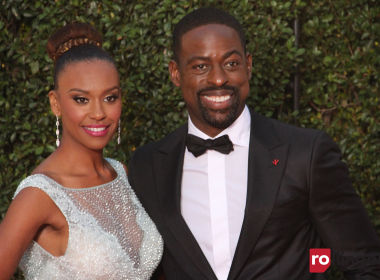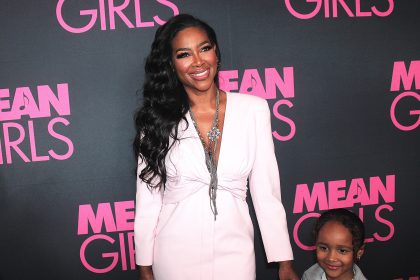In an intensifying divorce dispute, Simon Guobadia has mounted a legal challenge against a court decision that permits television personality Porsha Williams to film within their $7 million Atlanta mansion. The case highlights the complex intersection of high-value real estate, entertainment contracts, and marital dissolution in the modern media landscape. This legal confrontation has drawn significant attention from both entertainment and legal circles, as it raises important questions about property rights in the context of media production.
Property provisions and prenuptial complexities
The sprawling estate, which has become a central point of contention, represents more than just residential space in this high-profile separation. Following the March divorce filing, Williams sought exclusive access to the property, referencing specific provisions within their prenuptial agreement. The court’s May ruling granted her temporary usage rights, but the filming permissions remained a contentious issue until a November decision mandated Guobadia’s cooperation with production requirements.
The mansion, situated in one of Atlanta’s most prestigious neighborhoods, has served as both a private residence and a backdrop for various entertainment projects. Its dual role as both a personal space and potential filming location adds layers of complexity to the ongoing legal proceedings, particularly regarding access rights and usage permissions.
Legal framework and contested decisions
The motion for reconsideration stems from procedural concerns regarding the November ruling. Legal documentation reveals Guobadia’s position that the court deviated from its established process by failing to conduct promised hearings and making determinations without sufficient evidentiary support. This argument forms the foundation of his challenge to the current filming arrangements.
The legal team’s strategic approach focuses on procedural irregularities rather than the merits of filming rights themselves, highlighting the importance of proper judicial process in high-stakes divorce proceedings. This technical approach to challenging the ruling demonstrates the intricate nature of entertainment law when intersecting with domestic relations matters.
Financial transparency and contractual obligations
The dispute extends beyond mere property access, touching on broader financial disclosure requirements. Guobadia’s legal team has raised concerns about Williams’ alleged selective enforcement of prenuptial terms, particularly regarding documentation of her earnings from The Real Housewives of Atlanta. This aspect of the case underscores the complex relationship between personal contracts and professional obligations in the entertainment industry.
Financial transparency has emerged as a crucial element in the proceedings, with both parties navigating the delicate balance between personal privacy and legal disclosure requirements. The entertainment industry’s unique compensation structures and contract arrangements add another layer of complexity to standard divorce proceedings.
Media influence and domestic spaces
The intersection of reality television production and private residential spaces presents unique challenges in modern divorce proceedings. For television personalities, home access often directly impacts their ability to fulfill professional commitments and maintain income streams. This case exemplifies the evolving nature of property rights in an era where personal spaces increasingly serve dual purposes as entertainment venues.
The growing trend of reality television has transformed private residences into potential production spaces, creating new legal considerations for property rights and access during divorce proceedings. This transformation raises important questions about the balance between personal privacy and professional obligations in the entertainment industry.
Future implications and industry impact
This legal battle may establish significant precedents for similar cases involving media personalities and shared properties. The court’s ultimate decision could influence how future divorces handle the balance between residential rights and professional filming requirements, particularly in cases involving high-value properties and media contracts.
The resolution of this case remains pending, with the court yet to rule on Guobadia’s motion. The outcome could have lasting implications for both the immediate parties and the broader entertainment industry’s approach to filming locations during divorce proceedings. Industry professionals and legal experts are closely monitoring this case for its potential impact on future entertainment contracts and divorce agreements involving media personalities.















